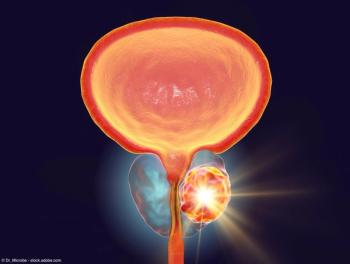
SBRT demonstrated favorable 4-year biochemical recurrence-free survival with a manageable safety profile.

SBRT demonstrated favorable 4-year biochemical recurrence-free survival with a manageable safety profile.
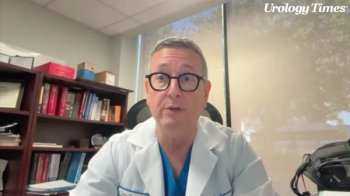
CAN-2409 plus valacyclovir significantly improved disease-free survival compared with placebo plus valacyclovir.
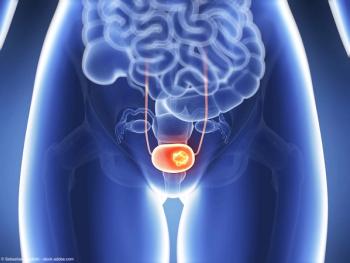
The addition of radiation after surgery improved clinical outcomes while not increasing severe late toxicity in this setting.


Melvin L.K. Chua, FRCR, PhD, FASCO, highlights data validating the performance of the ArteraAI Prostate test in an Asian cohort of patients with prostate cancer.

Daniel Spratt, MD, presented data validating the PAM50 gene expression signature as the first predictive biomarker to guide hormone therapy in prostate cancer.

According to the authors, CAN-2409 may represent the first new treatment option for men with localized prostate cancer in over 2 decades.

“Nivolumab, combined with standard of care trimodality therapy, appears to be promising for the treatment of grade group 5 prostate cancer," says John Michael Bryant, MD.

Tang discusses the limitations in available data, but nonetheless high potential, of SBRT in kidney cancer.
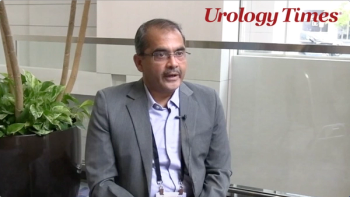
Data from the phase 3 BART trial shows adjuvant radiotherapy is notably safe for patients with MIBC following radical cystectomy and chemotherapy.
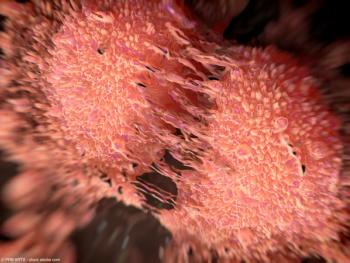
"The addition of radium-223 to SABR metastasis-directed therapy in low-volume bone-metastatic hormone-sensitive prostate cancer does not delay progression of disease in the RAVENS study," said Ana Kiess, MD, PhD.

The overall report rate per unit sold of the PEG hydrogel spacers was 0.40%.
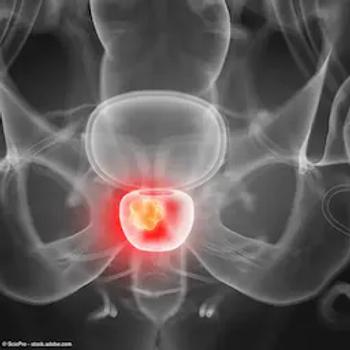
“The toxicity benefits of aggressive margin reduction persist beyond the acute phase post-SBRT," the authors wrote.

Pastuszak discusses the evolving nature of understanding how testosterone therapy post-radiation for prostate cancer may beneficial or harmful to patients, and how to navigate the decision.

Overall, a total of 693 patients received a PEG spacer in 2017 and 2510 received one in 2022, an increase of 262%.

Soumyajit Roy, MS, MBBS, explains how findings showing 5-year biochemical recurrence status may predict prostate cancer cure should alter the clinician-patient interaction.
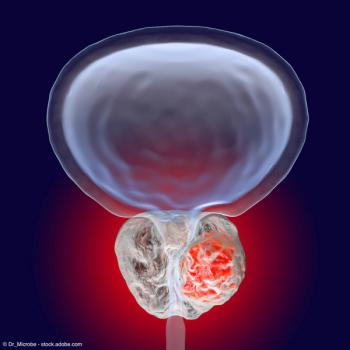
The 3-year biochemical progression-free survival was 61%, and the 3-year radiographic progression-free survival was 67%.
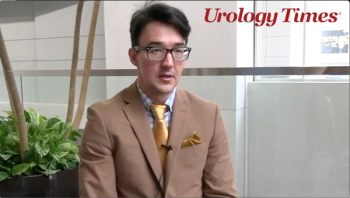
Zaorsky discusses the patient safety misconceptions around radiotherapy for RCC, and considering patient-reported outcomes in future randomized controlled trials.

The estimated 10-year cumulative incidence of PCSM was 1.2% for those who did not experience biochemical recurrence within 5 years of radiotherapy vs 29.0% among those who did.

Demogeot discusses his team's GETUG 14 findings regarding early administration of ADT plus high-dose radiotherapy for intermediate to high risk prostate cancer.
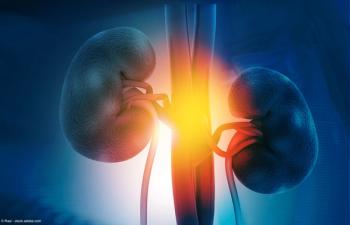
"We think that radiation therapy is one of the best treatment options available for kidney cancer," says Nicholas Zaorsky, MD, MS.
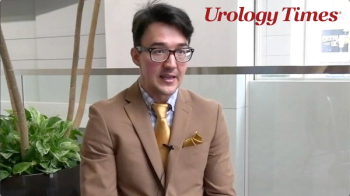
Zaorsky discusses his team's ASTRO 2024 abstract showing clear benefit of radiotherapy and ablation in reduced kidney effects in patients with RCC.
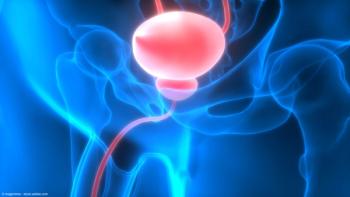
“Pembrolizumab maintenance therapy after SABR boost to bladder tumor and concurrent radio-chemotherapy was well tolerated with promising efficacy in the early analysis," said Shang-bin Qin, MD.

“At a median follow-up of 37 months, we saw that failure-free survival was statistically significant, with 2 times more events seen in the control arm," said Colin Belliveau, MD.

Van As makes the case for clinical evidence supporting the priority of SBRT, describing its convenience and cost-effectiveness without compromising outcomes.

Blanchard provides an update on the SABRE trial, assessing an iodinated hydrogel space used for SBRT treatment in patients with prostate cancer.
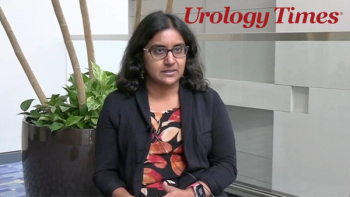
Dandapani highlights her team's promising findings around combination Ra-223, SBRT and ADT therapy for metastatic castrate sensitive prostate cancer.

Findings from GETUG 14 show short-term ADT with high-dose radiotherapy provided 5-year improved efficacy without increased risk of toxicity.

Data from the PARTIQoL trial show no significant difference in progression-free survival, bowel function, and other patient quality-of-life measures between PBT and IMRT.

A late-breaking abstract at ASTRO 2024 shows local therapy history does not significantly affect the risk of death in patients with mCRPC receiving an ARPI.